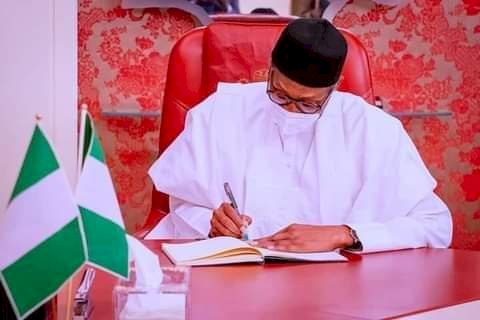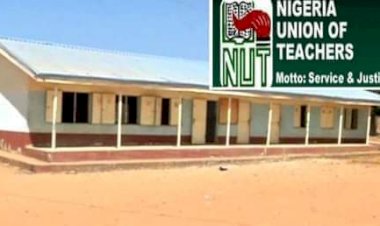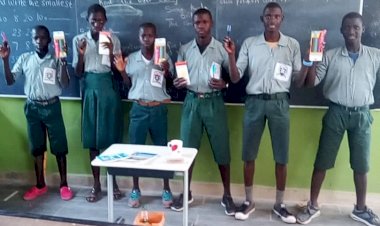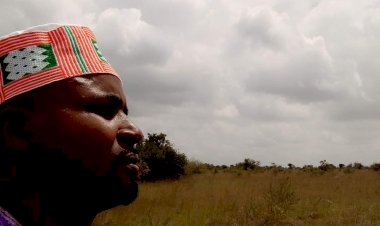Buhari govt working to reduce number of out-of-school children in Nigeria — Echono

Sony Echono, Permanent Secretary, Federal Ministry of Education, has reaffirmed the President Muhammadu Buhari administration’s commitment to reduce the number of out-of-school children in Nigeria.
Mr Echono stated this in an interview with the News Agency of Nigeria in Abuja on Monday.
He said that government was not resting on its oars in getting out-of-school children back to school in spite of setbacks occasioned by COVID-19 pandemic and recent security concerns around the schools.
He said that in spite of the fact that the number of out-school children, which had reduced by over two million, was rolled back due to the two events, government was working hard to consolidate on previous milestones.
“We have had some setbacks and this has to do with the issue of insecurity, where schools are being targeted by bandits, kidnappers and insurgents.
“Be that as it may, measures are being taken and we are working closely with the security agencies to address that.
“Currently, government is providing security infrastructure in all the unity colleges and we have security arrangement that links the Police, all paramilitary agencies and stakeholders within communities including local vigilantes.
“We have response mechanism that any incident can be preempted and addressed.
“The second major challenge was the COVID-19 pandemic. We had to close schools for a considerable period when we had the lockdown, but we are recovering from that now.
“So, those two adverse developments impacted in recovery effort.
“Otherwise we have a very robust approach to redressing that programme and we are hoping to put that behind us in five years,” he said.
He stressed that the flagship programme for the recovery plan, called Better Education Service Delivery for All (BESDA), are currently being implemented in 17 states.
Echono noted that 12 of the 17 states were identified as states with the highest number of out-of-school children, with specific programmes to address the problem formally and informally.
According to him, government is collaborating with faith based organisations, communities and other stakeholders to ensure that the programme transcends children of school age to those who lost opportunity to attend school as children.
He said that monitoring of progress done on the programme was carried out independently by Nigerian Education Group and specialised agencies such as National Population Commission and Federal Bureau of Statistics.
He further noted that the stakeholders were monitoring and providing the ministry with figures.
Mr Echono stressed that the ministry thereafter validated such figures with United Nations Children’s Fund, UNICEF, and United Nations Education, Scientific and Cultural Organisation, UNESCO.
He disclosed that part of government’s effort to ensure that children returned to school was the provision of alternative measures for learning other than the conventional method.
He cited an example of such alternative measures as recent launch of a radio programme for students in exit classes.
“When we resumed, we realised that so many students did not come back after about seven months of closure.
“Also, we have the unfortunate incident of some parents not wanting their wards to go back to boarding schools in areas considered unsafe.
“So, we are trying to restore safety to our schools as well as provide alternative programmes.
“As I speak, we just launched a programme on radio and very soon on television, to assist all the exit classes in this country because we want to improve our performance.
“We noticed this was being done even by other countries, such as Ghana.”
The permanent secretary explained that Master Class teachers were being used to develop curricula and revision notes for exit classes, including those preparing for WAEC and NECO.
According to him, students only need to tune in to their radio and television sets to receive lectures from experts.
He said the programme was free, adding that, “there is no cost involved beyond that you should have access to radio and, or television.
“We encourage all parents and teachers to take advantage of this as we have sent circular to all commissioners.
“We have also asked principals to make some of these facilities available in their schools so that students can congregate 30 minutes a day to benefit from the teaching.”
He asked parents to encourage their wards to take advantage of the opportunity provided.
The News Agency of Nigeria reports that according to UNICEF statistics, about 10.5 million children are out of school in Nigeria in spite of the fact that primary education is officially free and compulsory.


















































